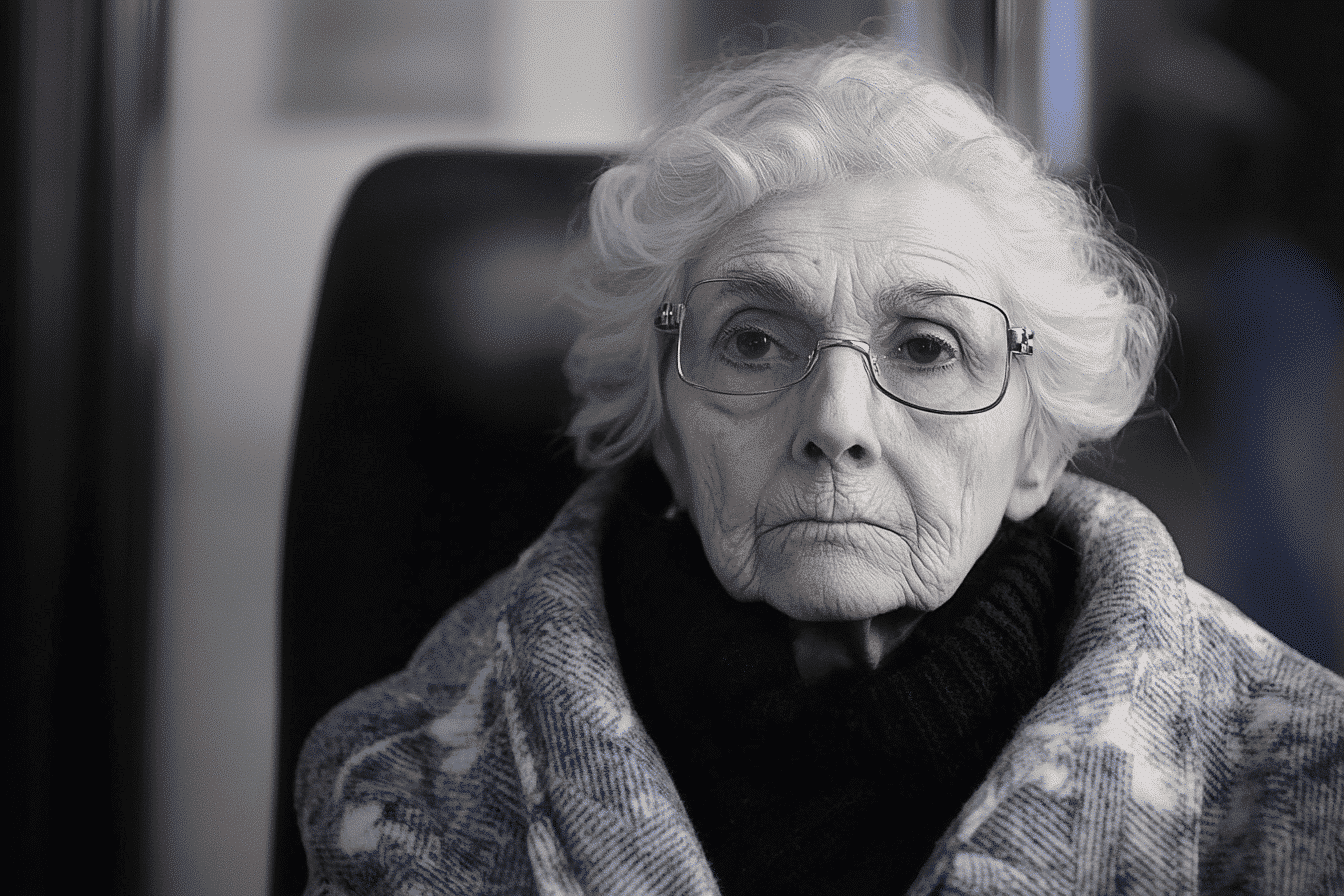The German Supreme Court has upheld the conviction of 99-year-old Irmgard Furchner for her complicity in over 10,000 murders during the Holocaust. Furchner, who worked as a secretary at the Stutthof concentration camp between 1943 and 1945, was sentenced to two years in prison, with the possibility of parole. This verdict highlights Germany’s continued commitment to prosecuting those involved in Nazi atrocities.
The Role of Irmgard Furchner in the Nazi Regime
Irmgard Furchner served as a secretary at the Stutthof concentration camp during the final years of World War II. According to the court, her administrative work played a significant role in facilitating the Nazi regime’s extermination plans. Although she was not directly involved in the physical acts of murder, her duties contributed to the overall functioning of the camp, making her complicit in the crimes.
Legal Proceedings and the Court’s Decision
Furchner’s defense team argued that there was insufficient evidence to prove that she was aware of the atrocities being committed. However, the German Supreme Court rejected this appeal, stating that her position within the camp and her work provided enough grounds to hold her accountable. “Her role as a secretary was crucial in the camp’s administration, and thus she bears responsibility for the crimes committed there,” the court declared.
Historical Significance of the Case
This case has garnered significant attention, as it is one of the last trials related to Holocaust crimes. For many years, prosecuting such cases was challenging due to a 1969 ruling that required specific evidence of collaboration, leading to many cases being dismissed. However, a change in jurisprudence in 2011 allowed for the prosecution of individuals who, while not directly involved in the killings, facilitated the Nazi regime’s operations.
A Final Chance for Justice
Since the 2011 legal shift, several trials have taken place, allowing Holocaust survivors to testify about the horrors they endured. These trials serve as a reminder that justice, though delayed, can still be pursued. The conviction of Irmgard Furchner is a testament to the enduring commitment to hold all those involved in the Holocaust accountable, regardless of their age or the passage of time.
The conviction of Irmgard Furchner at the age of 99 marks a significant moment in the ongoing efforts to seek justice for the victims of the Holocaust. As the number of surviving perpetrators dwindles, this case underscores the importance of continuing to remember and reckon with the atrocities of the past. The pursuit of justice is a moral obligation that transcends time.




